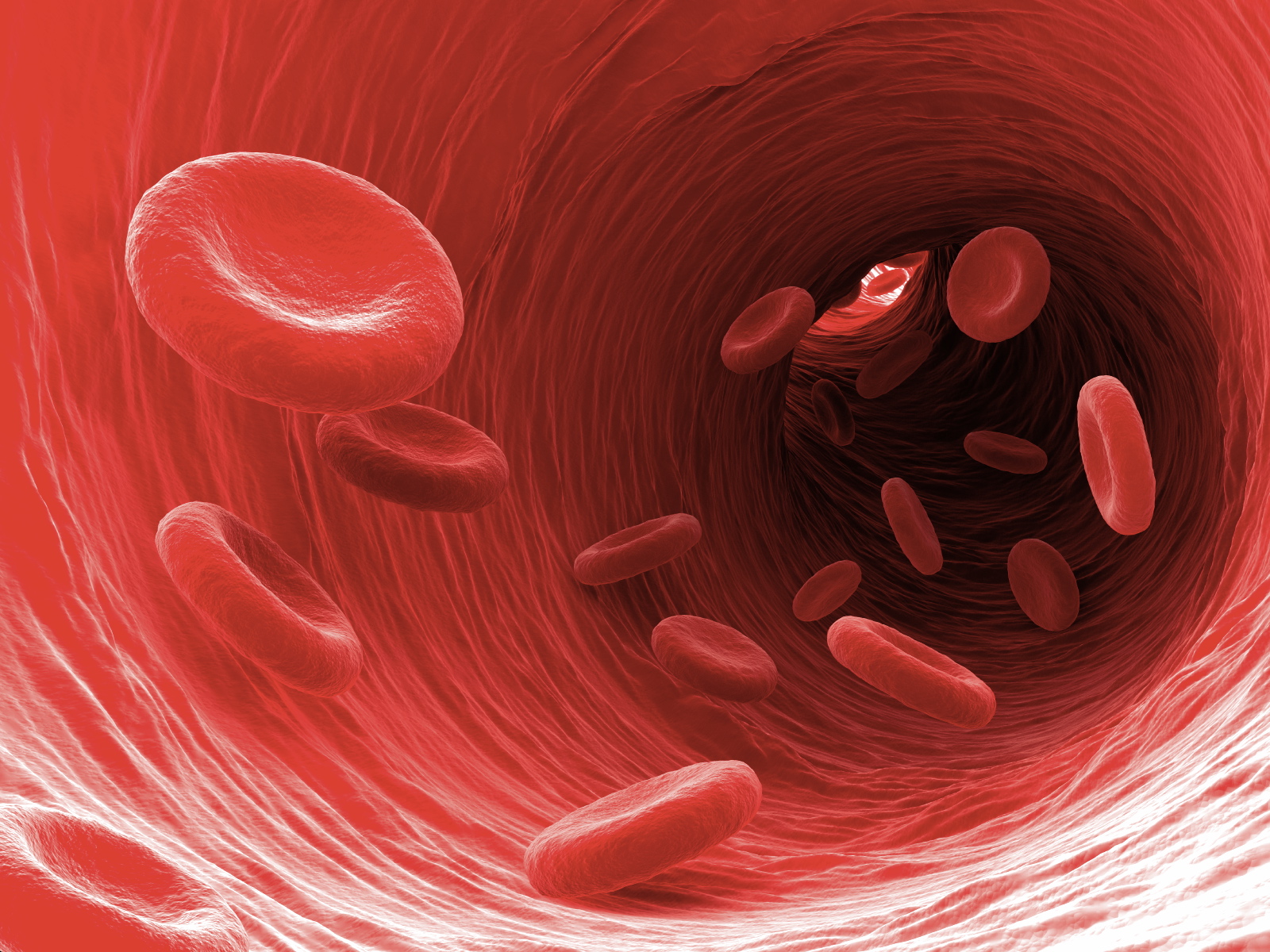
Researchers in the United Kingdom have discovered a blood biomarker that signals the presence of myocarditis.
It’s hoped the discovery will lead to a rapid blood test to catch this deadly and difficult-to-diagnose inflammatory heart condition.
“Myocarditis is a notoriously tricky condition to diagnose and sadly some patients will suffer irreversible damage to their hearts because of the lack of accessible diagnostic tests,” said Nilesh Samani, from the British Heart Foundation.
The condition is characterized by inflammation in the heart muscle, and it’s often caused by either viral or bacterial infections.
The initial symptoms of myocarditis can be vague – fatigue, shortness of breath, mild fever – and can lead to a fatal heart attack in days if not diagnosed and treated.
Blood tests are also often used to track general inflammatory markers that can suggest myocarditis. The gold standard definitive diagnostic test for myocarditis currently is a heart tissue biopsy. It was found that in the presence of heart inflammation T cells circulating in the bloodstream can express a molecule called cMet.
These cMet-expressing T cells are thought to play a role in myocarditis, and tracking their levels in a blood test can directly point to the presence of heart tissue inflammation. Their blood levels of cMet-expressing T cells were significantly higher than a healthy control group and a cohort of patients who had experienced heart attacks.
Federica Marelli-Berg, another researcher from the British Heart Foundation, said early intervention is so important when trying to treat myocarditis.
This potential blood test could offer doctors that crucial tool to catch patients before heart failure.
“We think that this test for myocarditis could be a simple addition to the routine blood tests ordered in doctors’ surgeries,” Marelli-Berg said.
“When viewed in combination with symptoms, the results could allow GPs to easily determine whether their patients have myocarditis. While we still need to confirm these findings in a larger study, we’re hopeful that it won’t be long until this blood test is in regular use.”
According to the researchers, if the next stages of study are successful the novel blood test could be clinically available within a year or two.
